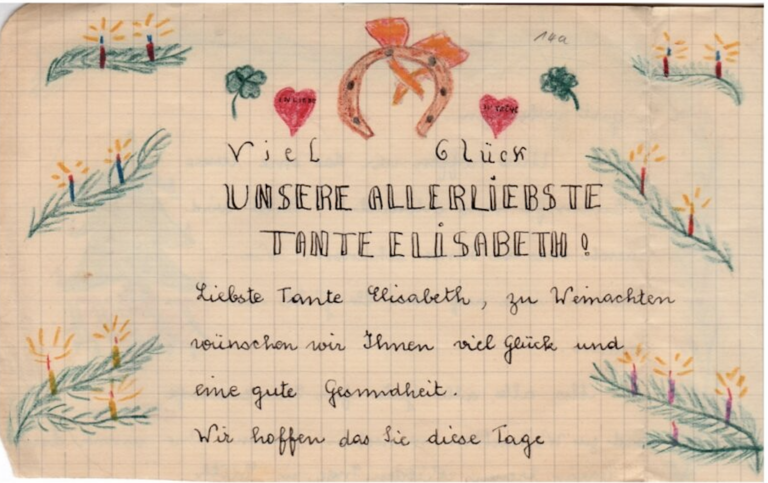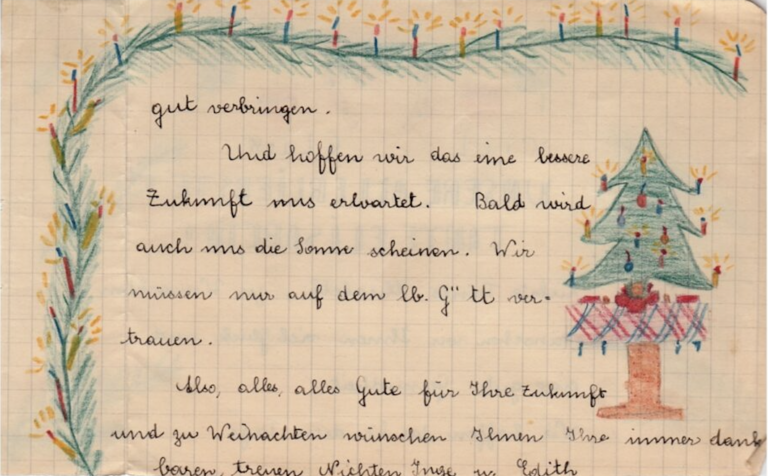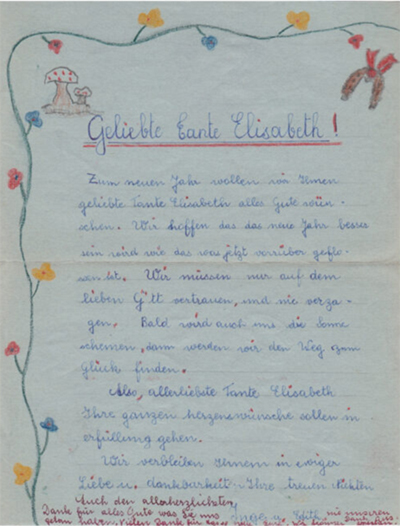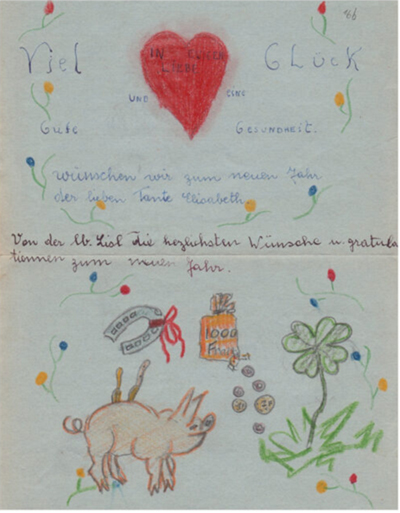New Book/ New Project
New Book
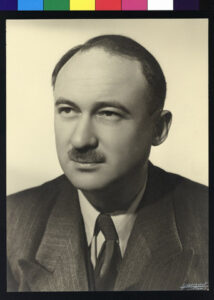
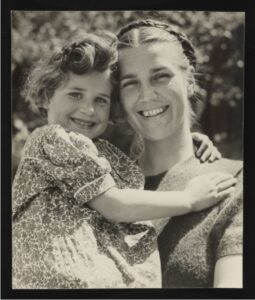
Moses Beckelman, Joint Distribution Committee
Marjorie McClelland holds Antoinette Steuer, Joint Distribution Committee
Saints and Liars (W.W. Norton: January, 2025) is about Americans – Quakers, Unitarians, Jews – who traveled abroad to aid and, step by step, turned to rescuing people targeted by Nazi Germany and other racist states. Who were these intrepid souls who became saints and liars as they sought to save lives? And how did rescue efforts unfold on the ground?
Women figured prominently in these initiatives. Philanthropy and service have long been women’s work. But this philanthropy and this service offered unimagined avenues for independent action. The women relished the independence, the freedom from social norms, their overseas assignments offered. And their experiences changed them. They emerge as both agents on behalf of others and subjects who were shaped by what they saw, did, and endured. Their work was transformative: transformative for those they managed to help, and for them, too.
Zooming in on one city, one year, and one person or couple, each chapter offers a microhistory that plumbs the key role of previously hidden factors. The unpredictable: luck, timing, chance, fortuitous circumstances. And the irrational: human sympathies and antipathies, drives, and desires. Nazi ideology, policy, and practice framed the situation. But on the ground, at a particular moment, luck, timing, fortuitous circumstance, spontaneous feelings and irrational impulses shaped individual fates. Just as they shape lives today. Saints and Liars thus prompts us to imagine history – all of history — as a time as full and rich as our own and reframes the way we think about, analyze, and write about the past.
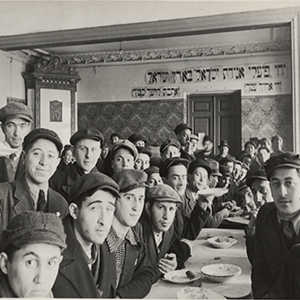
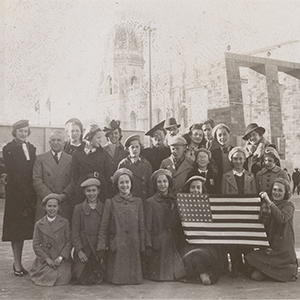
Jewish Refugees, M.K. Čiurlionis National Museum of Ar
In this remarkable book Debórah Dwork confirms her place as the most profound historian of the Holocaust at work today. Brilliantly weaving together original analysis and piercing insight, she offers a whole new way of conceptualizing the tragedy of the Shoah. It is a truly transformative addition to the existing body of scholarship.
Zöe Waxman, Professor of Holocaust History, University of Oxford. Author of Women in the Holocaust.
When genocidal dictators blow up the world, extraordinary people rise to the occasion. Debórah Dwork’s powerful Saints and Liars depicts the lives of courageous Americans, of various religious denominations, who worked against odds and at great risk rescuing Jewish refugees from the Nazis. Dwork, noted for her groundbreaking work on children, gender, war and the Holocaust, shows us the human flaws and conflicts, administrate complexities, and sexism---these rescuers faced, endured and triumphed over. An important and timely book.
Peter Balakian, Pulitzer Prize recipient and author of The New York Times best-selling The Burning Tigris.
New Project
Dear Tante Elisabeth- Letters
